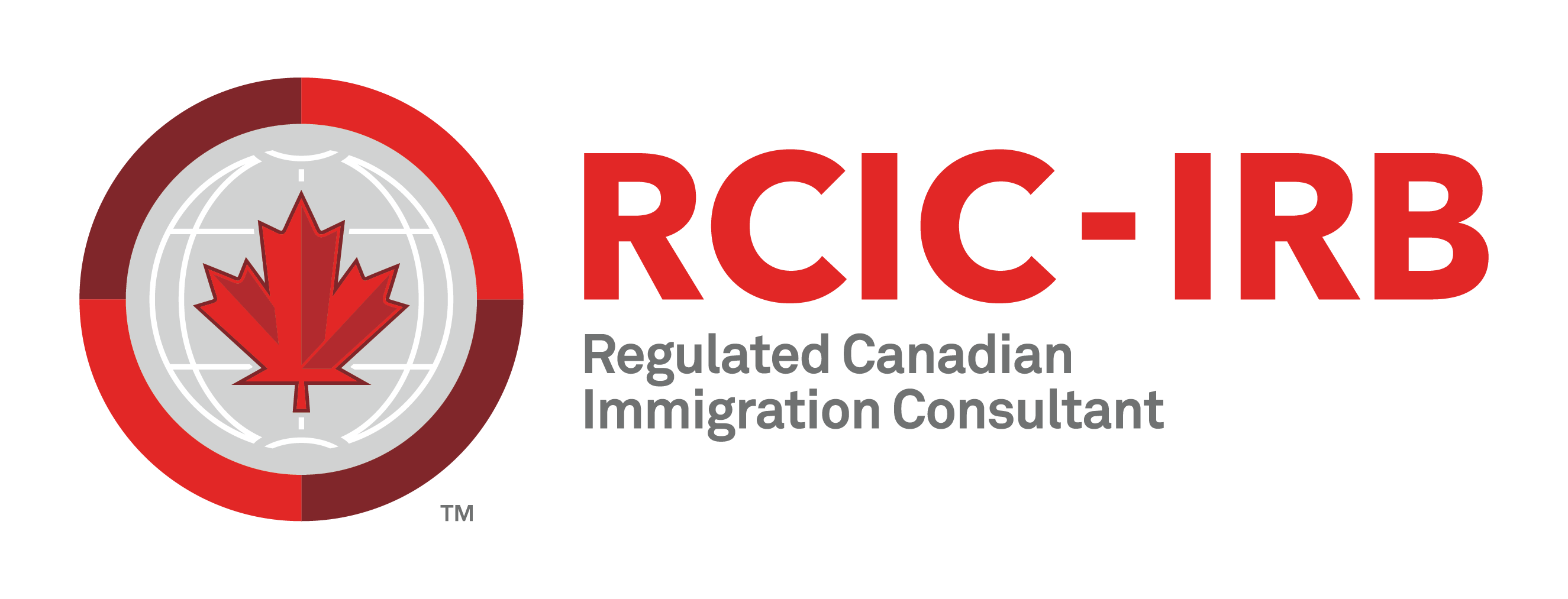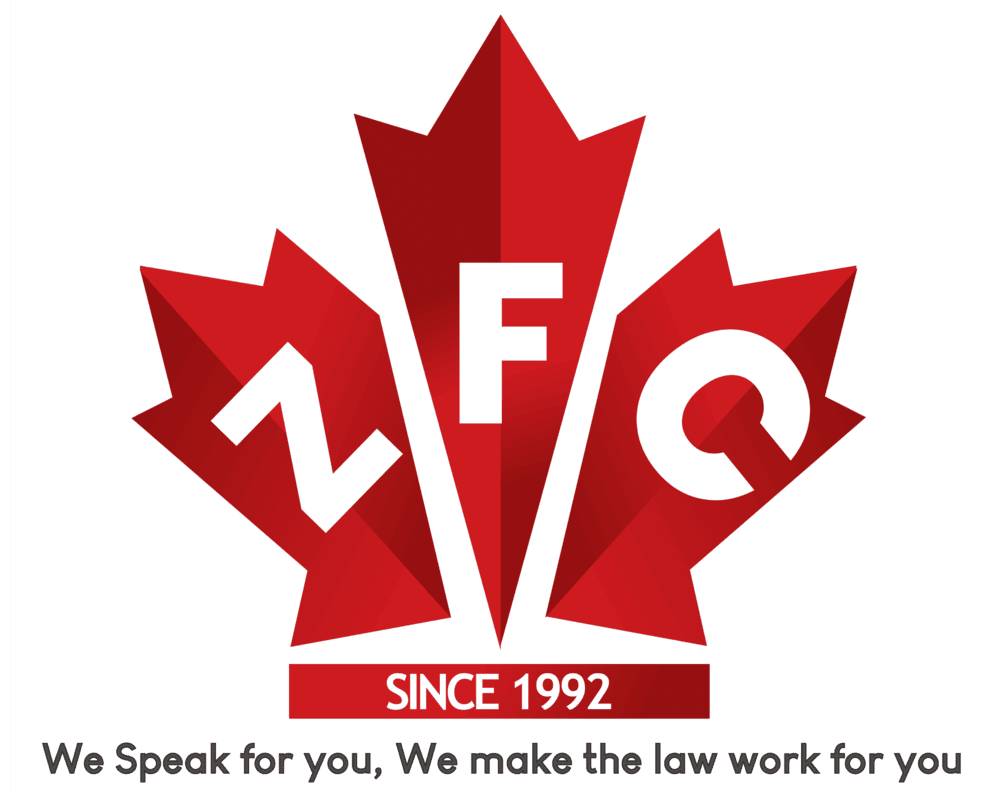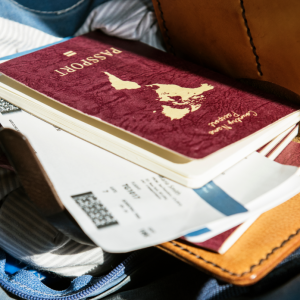Last Updated On 22 May 2025, 9:18 AM EDT (Toronto Time)
To work in Canada, the majority of foreign nationals require a work permit, which comes in two varieties: open and closed.
You can work in Canada for any employer if you have an open work permit.
Closed work permits, on the other hand, are employer-specific and allow you to work for a single business under strict guidelines.
You do not need a job offer or LMIA from a Canadian employer if you have an open work permit.
Additionally, an open work permit allows you to work up to 40 hours per week.
In January 2025, Canada updated its Open Work Permit (OWP) rules, impacting spouses and dependent children of international students and foreign workers.
This guide breaks down the changes, eligibility, application steps, and more in simple terms to help you navigate the process.
Table of Contents
Canada has changed the eligibility for Open Work Permits (OWPs) for family members of international students and foreign workers, effective January 2025.
These permits allow eligible individuals to work for any employer in Canada without needing a job offer.
However, the updated rules are stricter, focusing on specific groups to align with Canada’s economic goals and labour market needs.
The Immigration, Refugees, and Citizenship Canada (IRCC) announced these changes to balance immigration policies while addressing labour shortages in key sectors.
Here’s what you need to know about the updated OWP rules, all the scenarios in which you can apply for open work permit, and how to secure one in 2025.
Whether you’re an international student, a foreign worker, or a family member, this article will guide you through the process step by step.
An Open Work Permit (OWP) is a type of work permit that lets you work for almost any employer in Canada.
Unlike a closed work permit, which ties you to one employer, an OWP gives you the freedom to:
- Choose any job or occupation.
- Work in any province or city.
- Switch employers without needing a new permit.
You don’t need a job offer or a Labour Market Impact Assessment (LMIA) to apply for an OWP, making it a flexible option for many foreign nationals.
However, some OWPs may have restrictions, which will be noted on the permit itself.
The eligibility for OWPs depends on your situation.
Here are the main groups who can apply in 2025:
- International Students Who Graduated in Canada
- You must be at least 18 years old.
- You need to have graduated from a full-time program (at least 8 months long) at a Designated Learning Institution (DLI).
- You’re eligible for the Post-Graduation Work Permit (PGWP) Program.
- Spouses of International Students
- Your spouse must be studying full-time in:
- A Master’s program (at least 16 months long).
- A Doctoral program.
- Select professional programs like medicine, law, or engineering (a full list was released by IRCC on January 21, 2025).
- You cannot be a full-time student yourself.
- Your spouse must be studying full-time in:
- Spouses of Foreign Workers
- Your spouse must work in a high-skilled job under TEER 0 or 1 of the National Occupational Classification (NOC).
- They can also qualify if they work in select TEER 2 or 3 jobs in sectors with labor shortages, such as healthcare, construction, education, or natural sciences.
- Their work permit must be valid for at least 16 months when you apply.
- Permanent Residence Applicants
- If you’ve applied for permanent residence (PR) in Canada and live here, you might qualify for a Bridging Open Work Permit (BOWP).
- Your spouse can also apply if they’re being sponsored for PR through Inland Sponsorship.
- Other Eligible Groups
- Refugees, asylum seekers, or their family members.
- Young workers in the International Experience Canada (IEC) program (ages 18–35, depending on your country).
- People with an employer-specific work permit face abuse or risk of abuse at work.
- Students who can’t afford their studies (destitute students).
Important Note: As of January 21, 2025, dependent children of international students or foreign workers are no longer eligible for OWPs.
The 2025 updates brought major changes for spouses of international students and foreign workers.
Here’s a breakdown:
For Spouses of International Students
- Old Rule (Before 2025): Spouses of any full-time post-secondary student could apply for an OWP.
- New Rule (2025): Now, only spouses of students in the following programs qualify:
- Master’s programs (minimum 16 months).
- Doctoral programs.
- Select professional programs like Doctor of Medicine (MD), Bachelor of Law (LLB/JD), or Bachelor of Engineering (B.Eng.).
- You must prove your relationship with the student (e.g., marriage certificate).
- The student needs to provide proof of enrollment, like a letter of acceptance or transcripts from their school.
For Spouses of Foreign Workers
- Old Rule (Before 2025): Spouses of most foreign workers (except those in low-skilled jobs) were eligible.
- New Rule (2025): Now, eligibility depends on the worker’s job:
- They must work in a TEER 0 or 1 job (high-skilled roles like managers or professionals).
- Or, they must be in select TEER 2 or 3 jobs in high-demand sectors (e.g., healthcare, construction, education).
- Their work permit must have at least 16 months of validity left when you apply.
Exceptions to the New Rules
- Spouses of workers under free-trade agreements (like CUSMA) are not affected.
- Spouses of those transitioning to permanent residence can still apply for an OWP.
Before 2025, dependent children of foreign workers and international students could apply for OWPs.
However, as of January 21, 2025:
- Dependent children are no longer eligible for OWPs.
- They can still apply for study permits or other types of visas, depending on their situation.
If a dependent child already has an OWP that hasn’t expired, it remains valid until the expiry date.
They can also renew it if:
- They meet the same criteria as their current permit.
- The renewal duration matches the principal applicant’s (parent’s) study or work permit.
Applying for an OWP is straightforward if you meet the eligibility criteria.
Follow these steps:
- Check Your Eligibility
- Make sure you fit into one of the eligible categories (e.g., spouse of a student or worker, PGWP applicant).
- Confirm the principal applicant (student or worker) meets the new 2025 rules.
- Gather Your Documents
- A valid passport.
- Proof of your relationship (e.g., marriage certificate for spouses).
- The principal applicant’s study or work permit.
- Proof of enrollment (for students) or job details (for workers).
- Any other documents required by IRCC, depending on whether your are inside or outside Canada.
- Submit Your Application
- You can apply online through the IRCC website.
- Fill out the required forms (forms vary based on your location—check the IRCC website).
- Pay the fees:
- $155 for the work permit application.
- $100 for the open work permit holder fee.
- Total: $255 (as of May 2025).
- Wait for Processing
- Processing times depend on your country and situation. You can check the IRCC processing time tool for updates.
- If approved, your OWP will be mailed to you or issued digitally, depending on your application method.
If you no longer qualify for an OWP under the new rules, you have other options:
Apply for a Different Work Permit: Check if you’re eligible for an employer-specific work permit or other programs under Canada’s immigration system.
Apply for a Visitor Visa: You can stay in Canada as a visitor, but you won’t be allowed to work.
Explore Study Permits: Dependent children can apply for a study permit to attend school in Canada.
The Canadian government made these changes to:
- Focus on high-demand jobs and sectors facing labour shortages, like healthcare and education.
- Reduce the number of temporary residents in Canada (from 6.5% to 5% of the population, as per the 2025–2027 Immigration Levels Plan).
- Ensure immigration programs align with economic needs while maintaining fairness and program integrity.
However, these changes have sparked debate. Some worry that:
- International students might choose other countries if their spouses can’t work.
- Families may face financial stress if fewer members can work.
- Canada’s reputation as a welcoming destination for families could take a hit.
On the other hand, supporters argue that the new rules will:
- Lead to better job matching in high-demand sectors.
- Reduce underemployment among foreign workers.
- Boost Canada’s economic productivity.
- Double-Check Eligibility: Ensure the principal applicant’s program or job meets the 2025 criteria.
- Submit Complete Documents: Missing documents can delay your application or lead to rejection.
- Apply Early: If your current permit is expiring, apply for a renewal before it expires to maintain your status.
- Seek Professional Help: Immigration lawyers, like those at Cohen Immigration Law Firm, can guide you through the process.
The 2025 changes to Canada’s Open Work Permit rules have made it harder for some family members to work, especially spouses of students in shorter programs and dependent children.
However, those who qualify—such as spouses of high-skilled workers or students in advanced programs—can still enjoy the flexibility of working anywhere in Canada.
By understanding the new rules, gathering the right documents, and applying early, you can increase your chances of success.
If you’re unsure about your eligibility, consider reaching out to an immigration expert for guidance.
Can spouses of diploma or certificate students apply for an open work permit in 2025?
No, as of January 21, 2025, only spouses of students in Master’s (16+ months), Doctoral, or select professional programs qualify.
How much does it cost to apply for an open work permit in 2025?
The total fee is $255, which includes a $155 work permit application fee and a $100 open work permit holder fee.
What happens if I don’t qualify for an work permit anymore?
You can apply for other work permits, a visitor visa, or a study permit, depending on your situation.
You may also like: New GST Payment Increase In Canada Effective July 2025
7 Part Time Jobs In Canada That Are Easily Available Now
New Canada Child Benefit Payment To Be Sent On May 20
5 New CRA Benefit Payments Coming For Ontario Residents In May 2025











Leave A Comment
You must be <a href="https://zfcanada.com/wp-login.php?redirect_to=https%3A%2F%2Fzfcanada.com%2F2025%2F05%2F22%2Fcanada-open-work-permit-here-is-who-can-apply%2F">logged in</a> to post a comment.